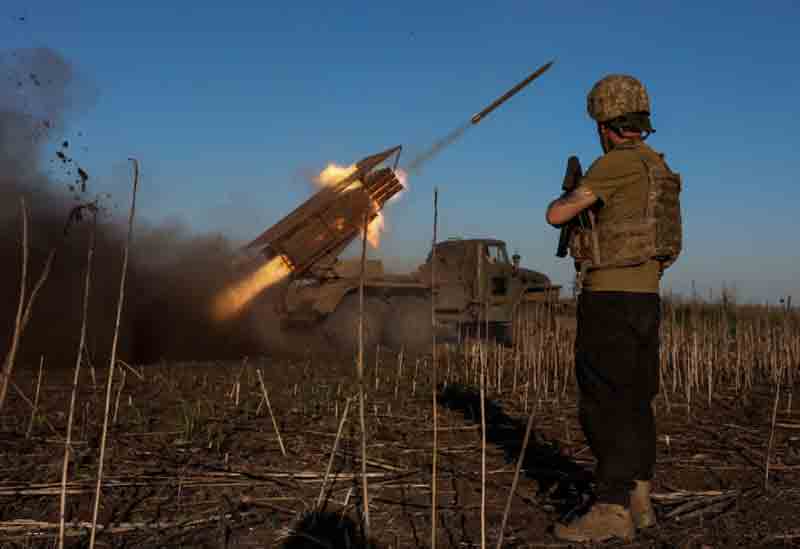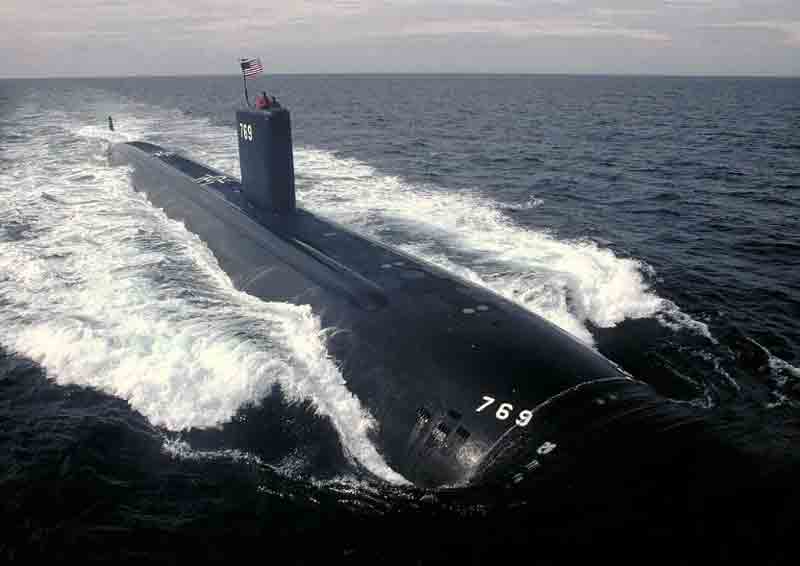On Wednesday, officials from the U.S., Ukraine, and Europe engaged in significant discussions aimed at revitalizing peace negotiations, following the cancellation of U.S. Secretary of State Marco Rubio’s trip, which raised concerns about the progress being made. Rubio’s absence from the London talks led to the cancellation of a larger meeting involving foreign ministers from Ukraine, the UK, France, and Germany, highlighting the existing differences between Washington and its European allies regarding the resolution of Russia’s war in Ukraine.
This setback in talks comes at a pivotal moment, just days after U.S. President Donald Trump cautioned that the U.S. might withdraw if a deal is not reached soon. Trump intensified the pressure on Sunday by expressing hope that Moscow and Kyiv would finalize an agreement this week to end the three-year conflict.
Central to Wednesday’s discussions was the exploration of what Kyiv might be willing to accept after Trump’s special envoy, Steve Witkoff, presented proposals during a similar meeting in Paris last week. According to three diplomats, these proposals seemed to require more concessions from Ukraine than from Russia.
A spokesperson for British Prime Minister Keir Starmer downplayed any disappointment regarding Rubio’s sudden cancellation, stating that the discussions involved substantive technical meetings with European, U.S., and Ukrainian officials on how to stop the fighting.
‘either accept it or for the United States to withdraw from the negotiations’
Vice President JD Vance expressed optimism during his visit to India, stating that he believes the Europeans, Russians, and Ukrainians can ultimately reach an agreement. However, he also issued a challenge, saying, ‘We have presented a clear proposal to both the Russians and Ukrainians, and it is now their choice to either accept it or for the United States to withdraw from the negotiations.’
He emphasized that both parties would need to concede some territory and engage in territorial exchanges. The cancellation of Rubio’s trip highlighted the challenges in bridging the divides among the parties involved. A source familiar with the talks indicated that the trip was downgraded after Ukraine submitted a document to European leaders on Tuesday, asserting that discussions on territorial matters would not commence until there is a ‘full and unconditional ceasefire.’
According to sources, the evident anxiety from the U.S. may suggest that Ukraine’s stance does not correspond with the agreements reached by Washington’s representatives with the Russians. Some of Witkoff’s suggestions, which Rubio noted were positively received in Paris, have been dismissed by Kyiv.
Ukrainian Deputy Prime Minister Yulia Svyrydenko stated that Kyiv will not acknowledge Russian sovereignty over Crimea, the peninsula annexed by Russia in 2014. ‘Ukraine is prepared to negotiate – but not to capitulate,’ Svyrydenko expressed on X. ‘A comprehensive ceasefire – on land, in the air, and at sea – is the essential initial step. Should Russia choose a limited pause, Ukraine will reciprocate accordingly. Our citizens will not tolerate a frozen conflict masquerading as peace.’
UK government officials highlighted the ongoing technical discussions as evidence of efforts to achieve some form of agreement. British Foreign Minister David Lammy and Defence Minister John Healey engaged in ‘substantial’ talks with their Ukrainian counterparts, and Healey also met with U.S. Ukraine envoy Keith Kellogg.
Rubio communicated with Lammy late Tuesday and expressed his eagerness to reschedule his visit, according to officials.
In addition to Crimea, other significant obstacles persist. Sources indicate that U.S. proposals involve Ukraine and European nations acknowledging Russia’s control over the remaining 20% of Ukraine’s territory.
Russia is advocating for the removal of EU sanctions before negotiations conclude, a stance that Europe firmly opposes, according to diplomats.
Last week, Washington suggested the creation of a neutral zone around the Zaporizhzhia nuclear power plant located in Russian-occupied Ukraine, as reported by European diplomats. Ukrainian President Volodymyr Zelenskiy expressed on Tuesday his willingness to collaborate with the United States to reactivate the plant.
Some of Washington’s proposals may also irritate Moscow. According to two diplomats, the U.S. is not advocating for Russia’s demand to demilitarize Ukraine and is open to the idea of a European force as part of future security assurances for Ukraine.
Although Witkoff was not involved in the discussions in London, he is scheduled to meet with Putin this week in Russia as part of Washington’s ongoing diplomatic efforts with Moscow, according to the White House.
Discover more from Defence Talks | Defense News Hub, Military Updates, Security Insights
Subscribe to get the latest posts sent to your email.





